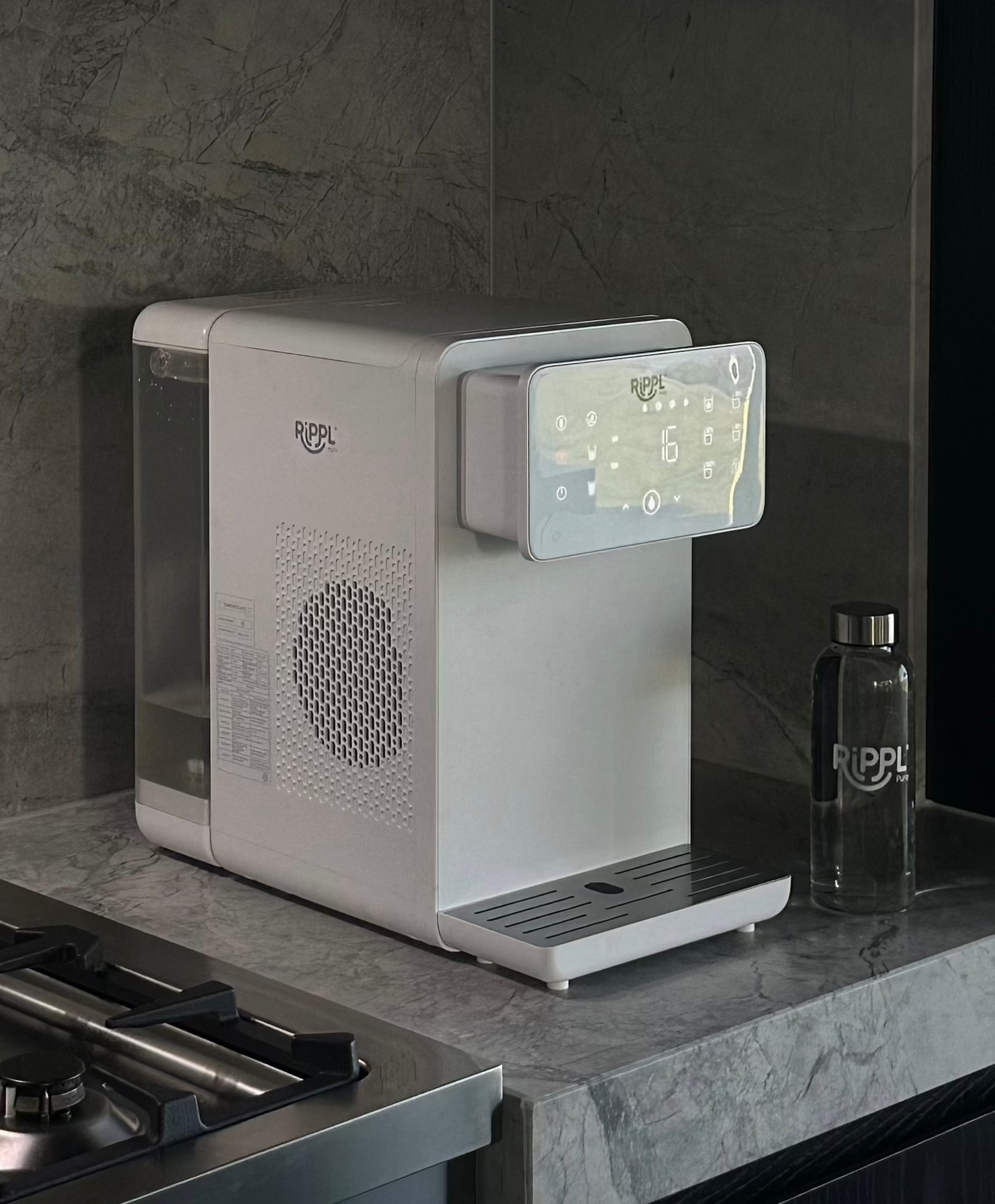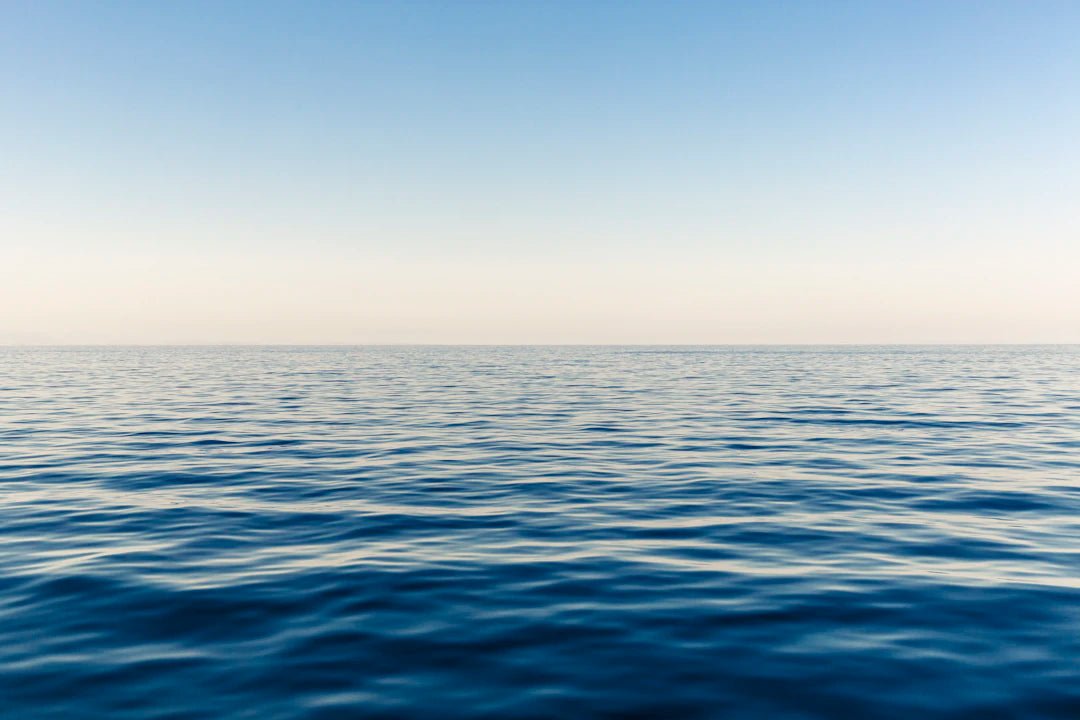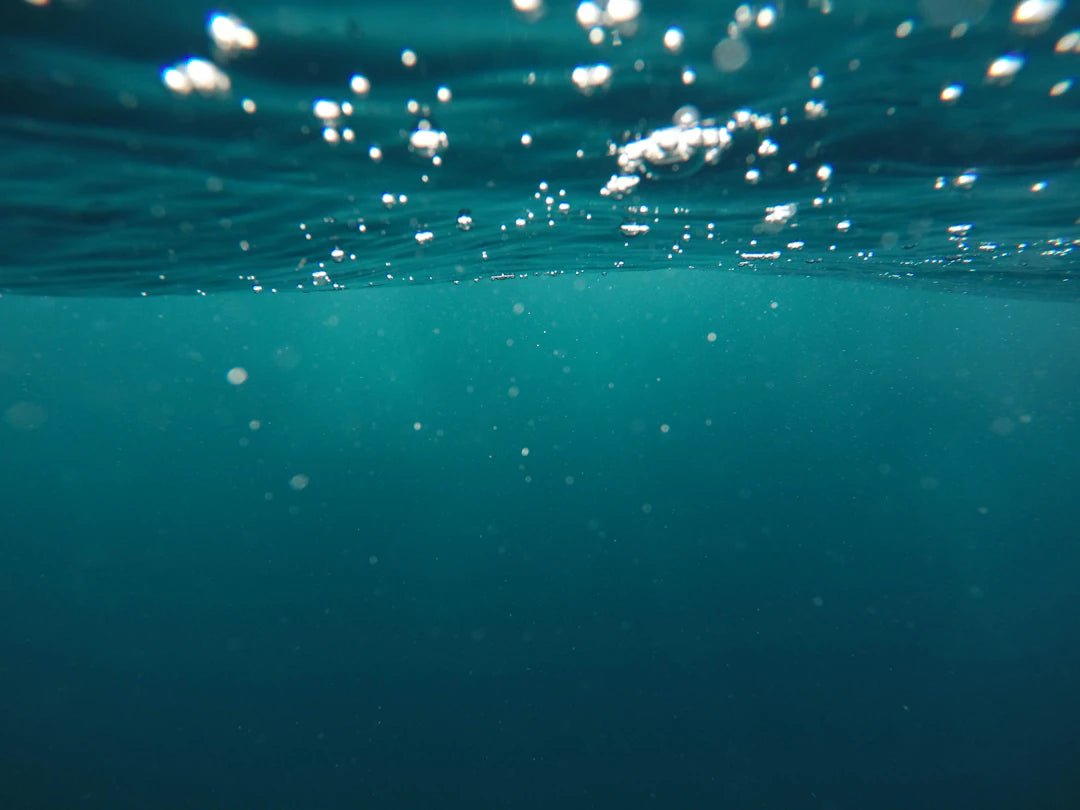Filtered Water vs. Tap Water: What’s Best for You?
Frequently Asked Questions
1. What are the benefits of tap water?
2. What are the disadvantages of tap water?
3. Why should I consider filtered water?
4. What types of water filters are available?
5. How does the cost of filtered water compare to tap water?
When it comes to staying hydrated, the choice between filtered water and tap water has become a hot topic among Australians. Whether you prefer a refreshing sip from a 12 pack sparkling water or a gulp of straight from the tap, understanding the benefits of these options can significantly influence your health and hydration. In this article, we’ll explore the advantages of filtered water compared to tap water, highlighting the importance of clean hydration in your daily life.
Understanding Tap Water
Tap water is a staple in most Australian households, providing easy access to hydration. However, it’s crucial to recognize what’s in your tap water. Most municipalities treat their water supplies, which can be beneficial, but various impurities may still linger. Here’s a closer look at the attributes of tap water:
Benefits of Tap Water
- Convenience: Tap water is readily available in most urban and suburban regions in Australia, providing a constant source of hydration.
- Cost-effective: Tap water is significantly cheaper than bottled sparkling water or mineral water options.
- Regulations: The Australian government closely monitors water quality, thereby ensuring that tap water meets health standards.
Disadvantages of Tap Water
While tap water has its advantages, it’s essential to consider its disadvantages:
- Potential Contaminants: Tap water can contain impurities like chlorine, lead, and even traces of pesticides.
- Flavour Profile: Many people find that the taste of tap water can be affected by its mineral content and disinfectants used during treatment.
- Environmental Concerns: The infrastructure and energy required to treat and transport tap water can have a significant environmental footprint.
The Rise of Filtered Water
Filtered water has become increasingly popular among Australians seeking improved taste and quality. Water filters are designed to remove impurities from tap water, providing a cleaner alternative. Exploring the benefits of filtered water can help you make an informed decision about how you hydrate.
Why Choose a Water Filter?
Implementing a water filter in your home can transform ordinary tap water into a refreshing beverage. Here are some reasons why filtered water can be a game changer:
- Purity and Health Benefits: A water filter can remove harmful contaminants such as lead, chlorine, and other toxins, significantly improving the quality of your drinking water.
- Enhanced Taste: Many users report that filtered water tastes better than tap water, making it more enjoyable to drink.
- Environmental Impact: By filling reusable bottles with filtered water instead of purchasing bottled drinks, you're contributing to reducing plastic waste.
Types of Water Filters
When considering a water filter, you’ll find various options available:
- Activated Carbon Filters: These filters adsorb impurities and are great for improving taste and odor.
- Reverse Osmosis Systems: For those seeking the highest level of purity, reverse osmosis can remove a wide range of contaminants.
- Countertop Filters: Easy to install and use, these filters provide convenient access to cleaner water right from your kitchen tap.
Mineral Water: An Alternative to Consider
For those who enjoy sparkling water, mineral water can serve as an excellent alternative to tap or filtered water. Originating from natural springs, mineral water contains essential minerals like calcium and magnesium. Here’s a look at the benefits of choosing mineral water:
Advantages of Mineral Water
- Nutritional Value: The presence of minerals in mineral water can contribute to your daily nutritional intake, making hydration more beneficial.
- Natural Source: Sourced from natural springs, mineral water is often seen as more desirable due to its natural composition compared to tap water.
- Refreshing Options: For those who prefer a bubbly experience, sparkling mineral water offers a satisfying alternative to both tap water and cola beverages.
Considerations when Choosing Mineral Water
While mineral water has its benefits, it’s crucial to be aware of some factors:
- Cost: Mineral water can be more expensive than tap water or filtered options, especially for premium brands.
- Environmental Impact: The production and packaging of bottled mineral water can contribute to environmental issues, particularly plastic waste.
Comparing Costs: Filtered Water vs. Tap Water
A significant factor influencing many consumers' decisions is the cost. Let’s take a closer look at how filtered water stacks up against tap water:
Cost of Tap Water
In Australia, tap water costs are quite minimal. The average household might spend around $300 annually on their water bill, depending on consumption. This economical choice allows most Australians to access hydration without a hefty price tag.
Cost of Filtered Water
The initial investment for water filters can vary widely. Though many filters are affordable, their replacement cartridges can add to the substantial long-term expense. Despite this, the health benefits and improved taste often justify the cost for many households.
Sipping on Sparkling Water
For those looking for something specific to elevate their hydration experience, considering a 12 pack sparkling water can be an attractive option. Sparkling water can offer a refreshing feel while satisfying the craving for carbonation without the sugars often found in soft drinks.
Hydration and Health: Why It Matters
Regardless of whether you choose tap water, filtered water, or sparkling mineral water, the goal is to ensure proper hydration. Staying hydrated supports numerous bodily functions, including regulating body temperature, maintaining joint health, and improving skin complexion.
Signs of Dehydration
Recognizing the signs of dehydration is essential to ensuring you’re drinking enough water. Look out for:
- Thirst: An obvious indicator that your body needs water.
- Dizziness: Light-headedness can signal dehydration.
- Dry Skin: Skin elasticity and moisture can indicate overall hydration levels.
Staying Hydrated in Australia
Given Australia’s hot and dry climate, the need for hydration is even more pronounced. Regularly enjoying refreshing beverages from your preferred source—be it filtered, mineral, or sparkling water—should be a priority, especially during scorching summer days.
A Taste Test: Which is Right for You?
Ultimately, the choice between filtered, tap, and mineral water may boil down to your personal preference regarding taste, health concerns, and convenience. Conducting a taste test can be a fun and educational way to discover which style you prefer, whether it’s a crisp sip of filtered water or a fizzy gulp from a 12 pack sparkling water. Invite family or friends to participate in the taste test and share your experiences!
Wrapping Up Your Hydration Choice
The journey of choosing between filtered water and tap water can significantly benefit your well-being. By understanding the advantages of each option and evaluating your hydration needs, you can make the most informed choice. Whether you sip on tap water, indulge in filtered water, or indulge in a flavorful sparkly treat, your hydration journey is an essential step towards a healthier lifestyle in Australia. So grab that water bottle and enjoy every refreshing drop!





